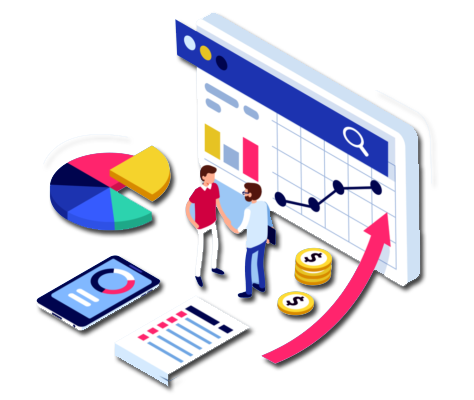
In today’s competitive digital landscape, personalization has become a key factor in the success of email marketing campaigns. Tailoring emails to individual recipients can significantly enhance engagement, conversions, and overall campaign performance. Let’s explore the power of personalization in email marketing and provide actionable tips to help you maximize your email marketing success.
Understanding the Importance of Personalization
Personalization goes beyond simply addressing recipients by their names. It involves creating relevant and targeted content based on recipient preferences, demographics, past interactions, and purchase history. Personalized emails establish a connection with recipients, making them feel valued and more likely to engage with your brand.
Collecting and Utilizing Customer Data
To personalize emails effectively, it’s essential to collect and analyze customer data. This includes information such as name, location, purchase behavior, and browsing history. Utilizing data-driven insights helps you segment your email list and tailor content specifically to each segment, resulting in higher engagement and conversion rates.
Dynamic Content and Dynamic Segmentation
Dynamic content allows you to customize email elements based on recipient data. By using dynamic tags or conditional logic, you can dynamically insert personalized information into the email body, subject line, or call-to-action. Additionally, dynamic segmentation enables you to automatically group recipients based on specific criteria, ensuring they receive the most relevant content.
Behavioral Triggers and Automated Workflows
Behavioral triggers and automated workflows enable you to send timely and personalized emails based on specific actions or events. For example, you can set up automated emails to be triggered by a subscriber’s website visit, abandoned cart, or completed purchase. These personalized touch points help nurture leads and drive conversions.
Personalization is a powerful tool in email marketing that can greatly enhance the effectiveness of your campaigns. By understanding the importance of personalization, collecting and utilizing customer data, implementing dynamic content and segmentation, leveraging behavioral triggers and automated workflows, you can maximize your email marketing success.
